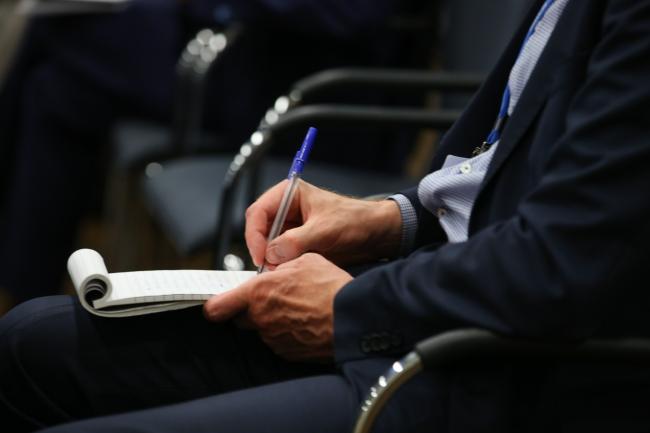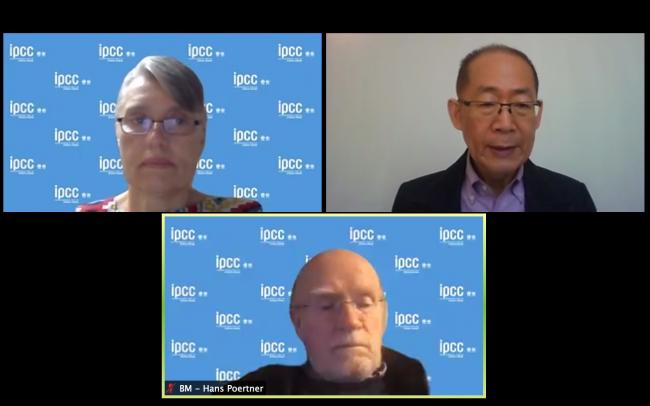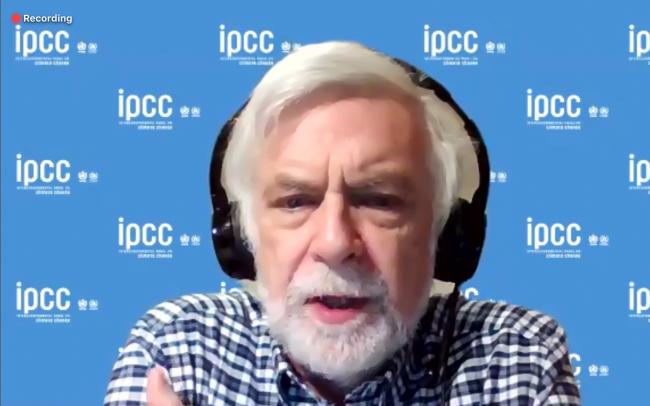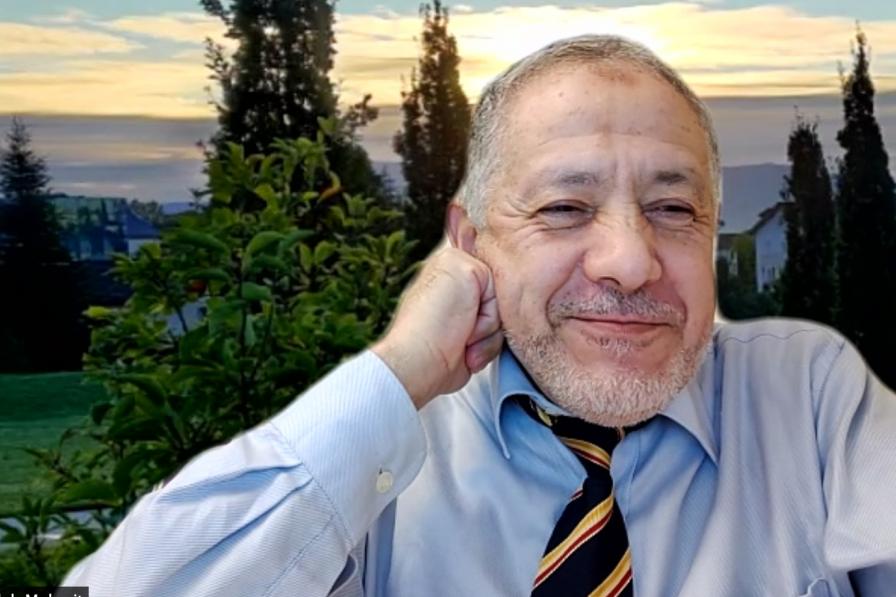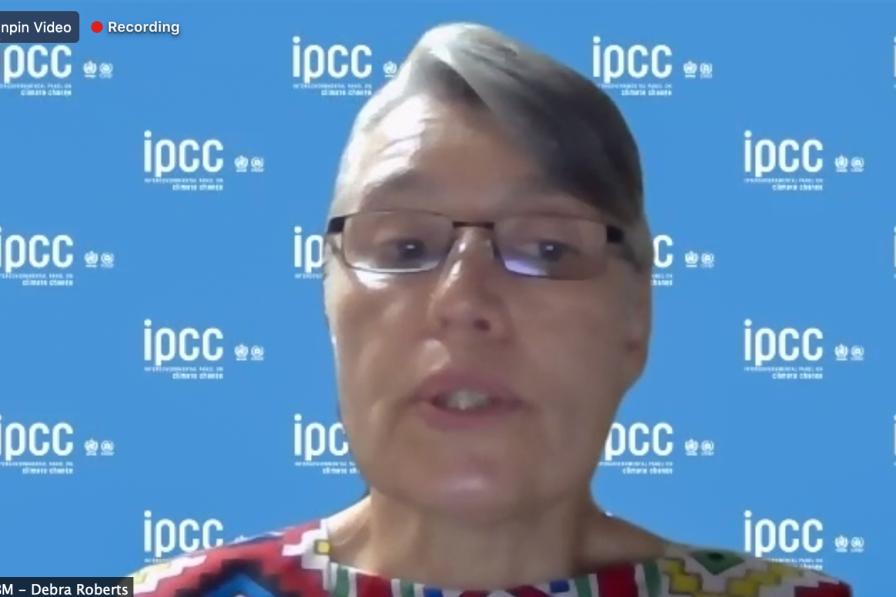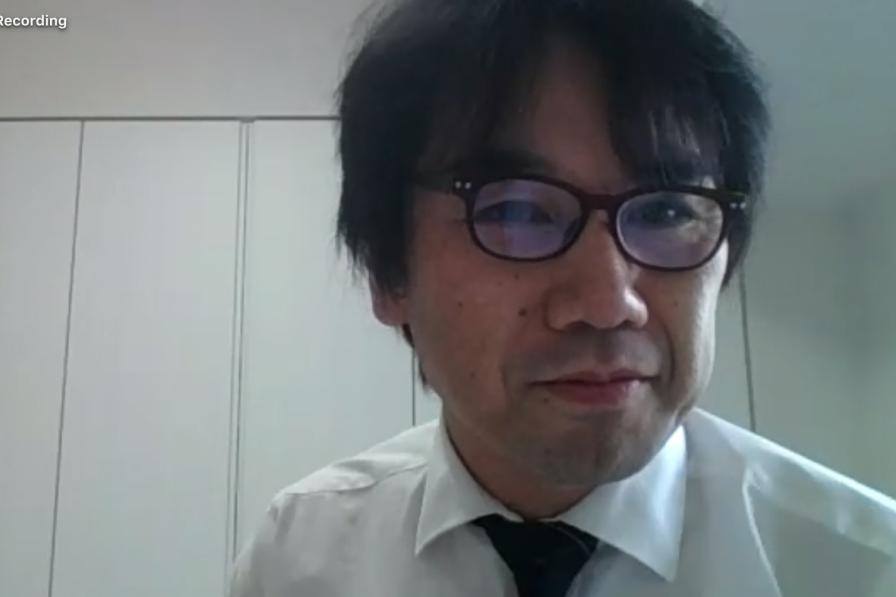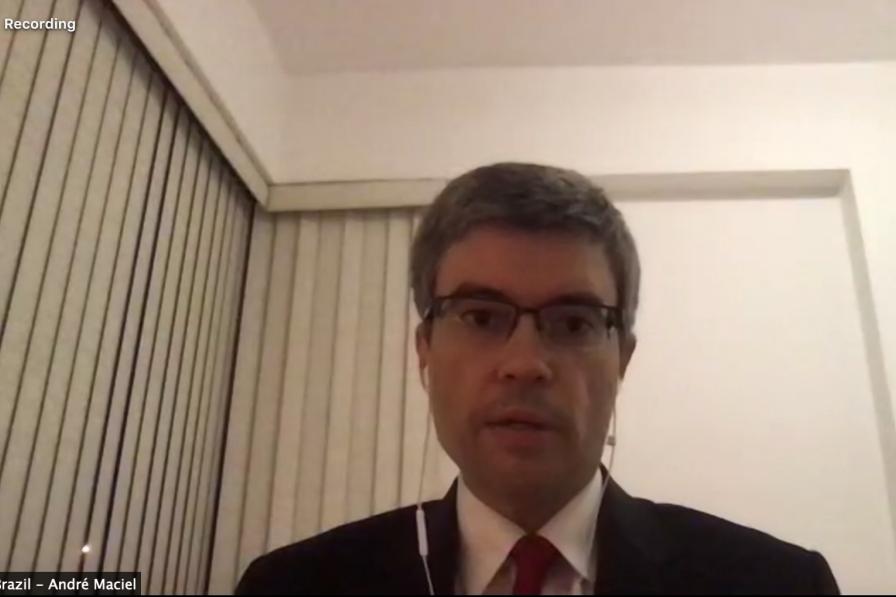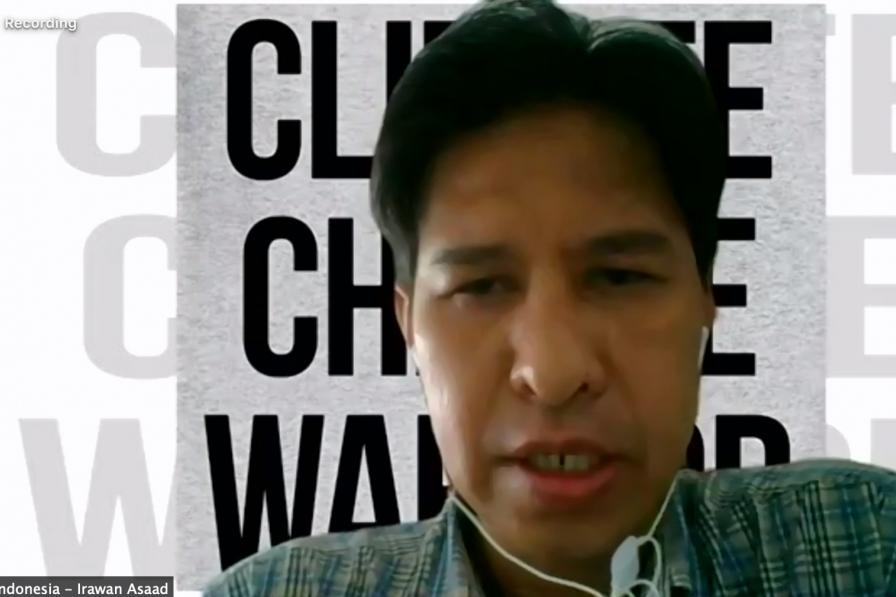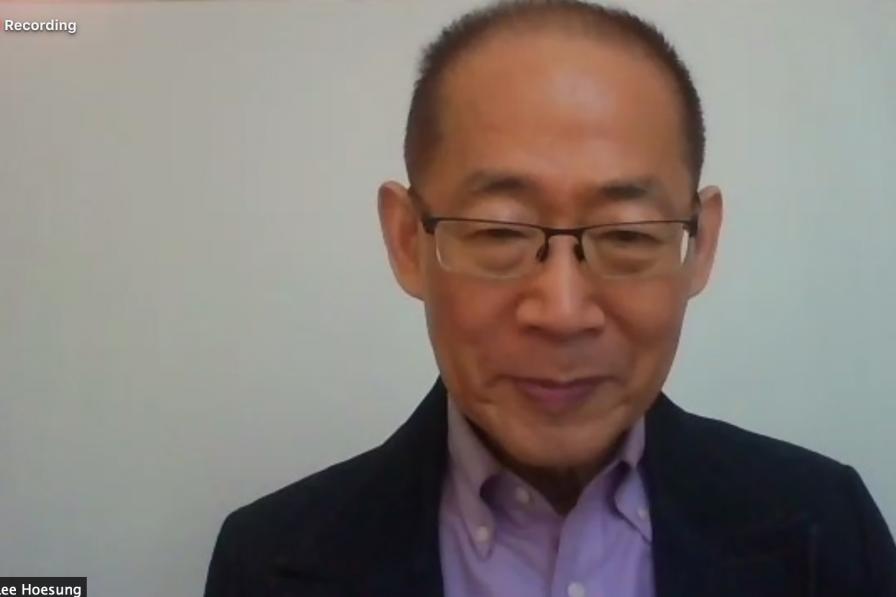On the second meeting day, delegates heard progress reports on activities of the Intergovernmental Panel on Climate Change (IPCC) since the last Panel meeting and adjustments made to cope with the COVID-19 pandemic.
Working Group (WG) II Co-Chairs Debra Roberts and Hans-Otto Pörtner delineated key activities, including a joint IPCC workshop with the Intergovernmental Science-Policy Platform on Biodiversity and Ecosystem Services (IPBES) on biodiversity and climate change held in December 2020, and preparations for a meeting on cultural heritage and climate change, to be organized jointly with the International Council on Monuments and Sites, and the UN Educational, Scientific, and Cultural Organization (UNESCO).
Ensuing discussions pertained to, among others: the IPCC-IPBES workshop, with some delegations requesting clarification on the meeting agenda and the nature of the workshop outcome; balanced representation of literature and framing of summary products; and consistency and traceability.
Working Group III Co-Chairs Jim Skea and Priyadarshi Shukla provided a progress report, highlighting the value of stakeholder sessions conducted during the second order draft review. Skea informed that the schedule for completing WG III outputs might need to be adjusted to cope with pandemic-related delays, which will also affect the scheduling for WG II and the Synthesis Report (SYR). The Co-Chairs will further liaise with authors and submit a proposal on the matter to the Executive Committee by the first week of April.
Several African delegations urged disaggregating grouped data from African and Middle Eastern countries, underscoring the need to provide an accurate representation of the continent’s emissions. Other concerns included: references to a link between corruption and climate policies; the prominence of nature-based solutions, with several delegations pointing to the lack of an agreed definition; and the prevalence of author self-citations.
IPCC Chair Hoesung Lee informed the panel of developments concerning the Sixth Assessment Report (AR6) SYR since IPCC-52 and introduced Noëmi Leprince-Ringuet as the head of the SYR Technical Support Unit, noting she took office in July 2020. Several delegations highlighted the importance of the timely completion of the report for the political process.
The Task Force on National Greenhouse Gas Inventories pointed to ongoing work on short-lived climate forcers, as well as upgrades to the inventory software and the emissions database.
Deputy IPCC Secretary Ermira Fida provided an overview of options to address pandemic-related impacts on the organization of the AR6 schedule and specifically the timeline for WG approval sessions. She noted approved milestones for the WG contributions to AR6 have been adjusted by 4-5 months from what was originally decided and that further adjustments might be needed in light of possible WG III delays and the volatile pandemic situation. She presented options for the WG I approval session in July or August 2021, noting these take into account the extended time needed for conducting discussions virtually and the possibility of hybrid arrangements, combining written input, virtual discussions, and decentralized physical meetings at regional level.
